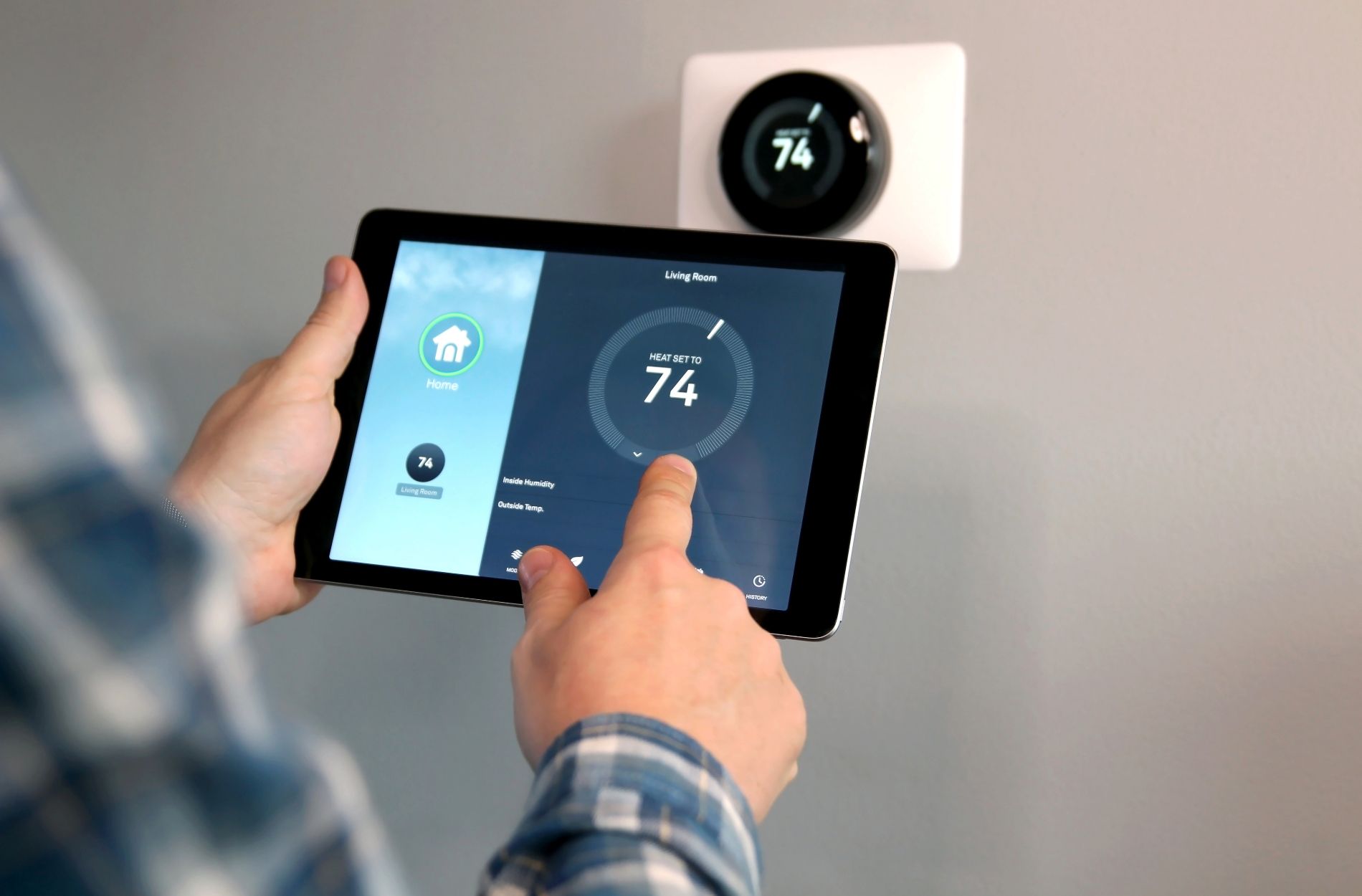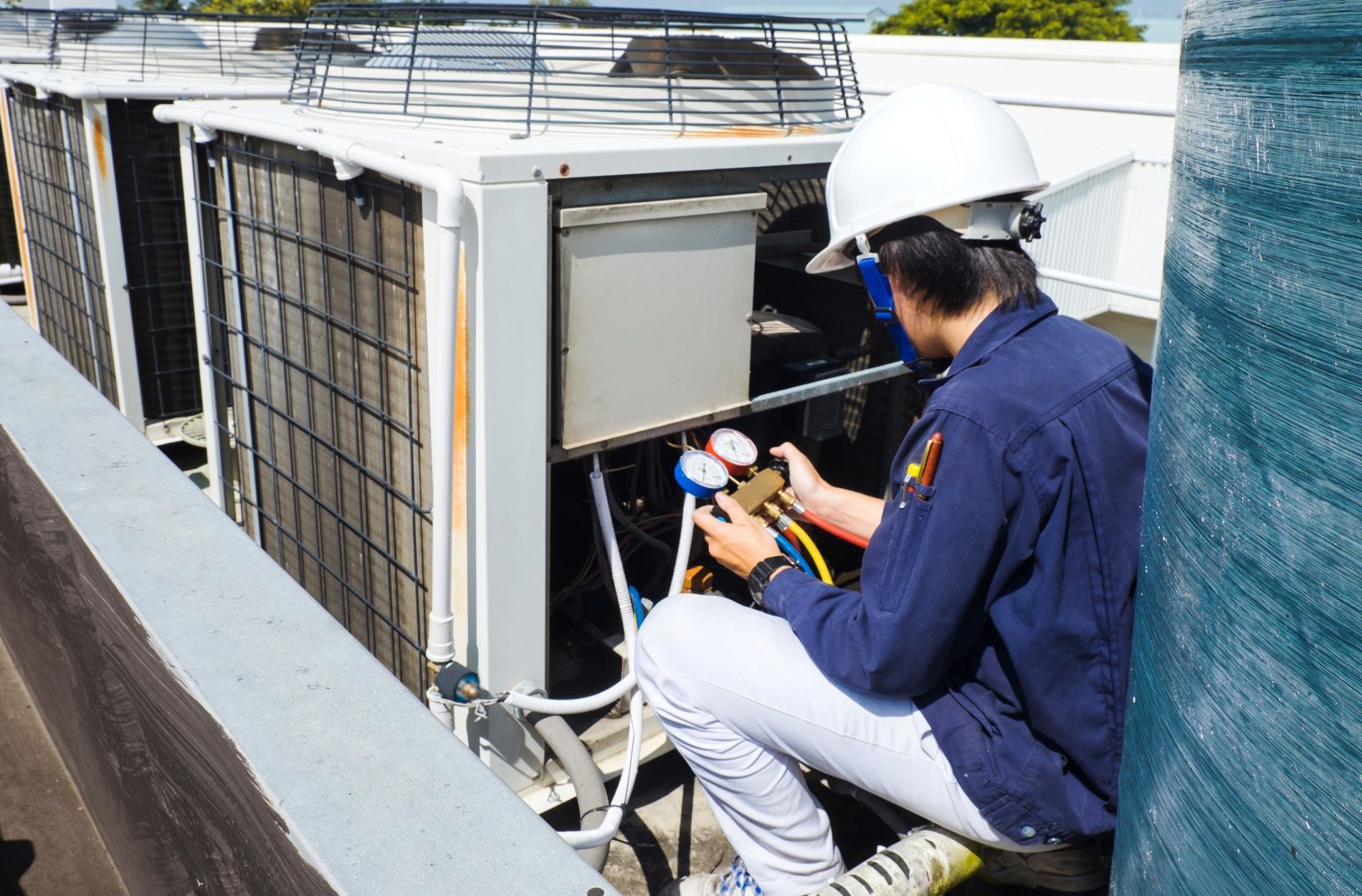Ways to Make Your Heater Last Longer
Keeping your heater running efficiently throughout the cold months is crucial for your comfort and your wallet. A well-maintained heater not only warms your home better but also lasts longer, saving you from costly repairs and replacements. Understanding the steps to properly care for your heating system can make a significant difference in its longevity.
Many people don't realize how simple maintenance tasks can greatly improve their heater's lifespan. Regularly scheduled maintenance checks, replacing air filters, and taking other preventive measures can prevent minor issues from turning into major problems. These actions not only improve efficiency but also reduce the strain on your heater, helping it last longer.
Investing a little time and effort into your heater's care can have substantial benefits. By following a few straightforward tips, you can ensure that your heating system remains in top shape, providing warmth and comfort when you need it most. Let's explore some effective ways to make your heater last longer and keep your home cozy through the winter months.
Schedule Regular Maintenance
One of the most important steps in making your heater last longer is scheduling regular maintenance. Just like your car needs regular check-ups, so does your heating system. Having a professional look at your heater at least once a year can help catch small problems before they become big ones.
During a maintenance visit, the technician will:
1. Inspect Components: They will check all parts of the heater, including the burners, heat exchanger, and blower motor. This ensures everything is in good condition.
2. Clean and Lubricate: Cleaning the internal parts and lubricating moving components helps the system run smoothly and efficiently.
3. Check Safety Features: The technician will also test the safety controls to make sure the heater operates safely and efficiently.
4. Tighten Connections: Loose electrical connections can cause risks of short circuits and other electrical problems. Regular maintenance ensures they are secure.
Regular maintenance not only helps extend the life of your heater but also keeps it running efficiently. This can save you money on energy bills and reduce the chances of unexpected breakdowns during the cold months.
Replace Air Filters Frequently
Another simple yet effective way to make your heater last longer is by replacing the air filters frequently. Clogged filters can hinder airflow, causing your heater to work harder than necessary, which can lead to wear and tear over time.
Here's how often you should replace your air filters:
1. Every 1-3 Months: For most homes, changing the filter every one to three months is a good rule of thumb.
2. Check Monthly: It's a good habit to check the filter monthly. If it looks dirty, replace it.
3. Consider Your Home Environment: Homes with pets or people with allergies may need more frequent filter changes due to increased dust and allergens.
Replacing your air filters regularly has several benefits:
- Improved Efficiency: Clean filters allow for better airflow, which makes your heater run more efficiently and use less energy.
- Better Air Quality: New filters help trap dust, pollen, and other particles, improving indoor air quality.
- Prolonged Heater Life: Less strain on the system means your heater can last longer without needing repairs.
By keeping a close eye on your air filters and changing them as needed, you can help ensure your heater runs smoothly and lasts for many years.
Keep the Area Around Your Heater Clear
Clearing the area around your heater is another simple yet effective way to extend its life. When objects and debris are too close to your heater, they can restrict airflow and cause the system to work harder than necessary. This added strain can lead to more wear and tear on your unit.
Here's how to keep the area around your heater clear:
1. Remove Clutter: Ensure that the space around your heater is free from boxes, furniture, and other objects. Aim for at least two feet of clear space around the unit.
2. Vacuum Regularly: Dust and dirt can accumulate around your heater. Regularly vacuuming the surrounding area helps keep it clean and reduces the amount of debris that can get sucked into the system.
3. Check Vents and Registers: Make sure that vents and registers in your home are not blocked by furniture or other items. Blocked vents can disrupt the airflow and force your heater to work harder.
By keeping the area around your heater clear, you can help it operate more efficiently and reduce the risk of overheating. This simple task helps ensure that your heater runs smoothly and lasts longer.
Upgrade Your Thermostat
Upgrading your thermostat can have a significant impact on the longevity and efficiency of your heater. Modern thermostats, especially smart thermostats, offer advanced features that help you manage your heating system more effectively.
Benefits of upgrading your thermostat include:
1. Better Temperature Control: Smart thermostats allow for more precise temperature settings, which can help prevent your heater from running unnecessarily.
2. Energy Savings: These thermostats can learn your schedule and adjust the temperature automatically, reducing energy usage and saving you money on your bills.
3. Remote Access: Many modern thermostats can be controlled via smartphone apps, giving you the flexibility to adjust settings even when you're not home.
Installing a new thermostat is usually a straightforward process, and the benefits can be substantial. By maintaining optimal temperatures and reducing unnecessary use, you can decrease the wear and tear on your heater, helping it last longer.
Conclusion
Taking steps to ensure your heater lasts longer not only keeps your home cozy but also saves you money in the long run. Regular maintenance, replacing air filters, keeping the area around your heater clear, and upgrading your thermostat are all simple actions that can make a big difference.
By investing a little time and effort into these practices, you ensure that your heater runs efficiently and has a longer lifespan. Plus, you'll enjoy a warm and comfortable home through the cold months without the stress of unexpected breakdowns.
If you need professional assistance with maintaining your heating system, Anytime Heating & Air is here to help. Our experienced technicians are committed to providing high-quality
HVAC services in Owensboro to keep your home comfortable throughout the year. Contact Anytime Heating & Air today for all your heating and cooling needs.


